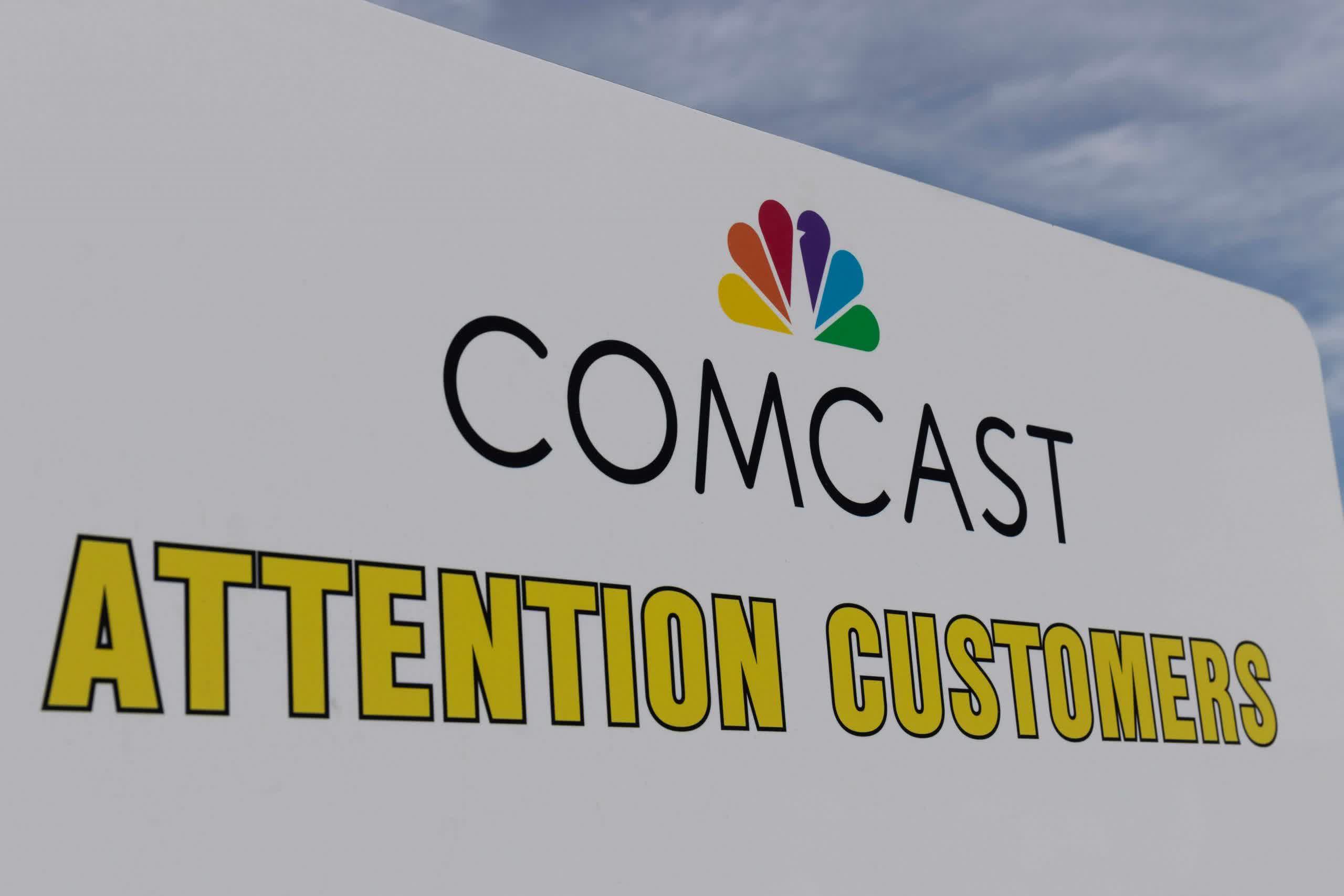For shame During the midst of an unprecedented pandemic that has many consumers stranded at home, with internet usage soaring as families work and learn from home, Comcast has made the decision to continue its unpopular plan to impose monthly data caps. If you happen to be a Comcast customer who's so far eluded data caps in your market, it seems your time is up. The ISP has announced that it will rollout monthly data caps to the remaining 12 states that currently don't have them by early 2021.

The 1.2TB data caps will hit the following markets, ensuring all of Comcast's 39-state US territory is covered: Connecticut, Delaware, Massachusetts, Maryland, Maine, New Hampshire, New Jersey, North Carolina, New York, Pennsylvania, Vermont, West Virginia, and Washington, D.C.
Comcast will also implement data caps in the remaining parts of Virginia and Ohio that don't currently have them. These are likely markets that are facing some manner of competition from other ISPs, such as Verizon.
Once the 1.2TB data cap is reached, customers will have to pay $10 per 50GB of additional data, up to a maximum of $100 per month. Comcast is also offering "courtesy months," whereby customers will be able to take the months of January and February to assess how the data caps may affect their internet usage with no risk of overage charges.
Comcast Brings 1.2 TB Data Cap to Northeast, Mid-Atlantic Regions on Jan. 1. Here is how you can fight back. https://t.co/87nbQoV4sf
— Stop the Cap! (@stopthecap) November 23, 2020
For the time being, it seems the data caps won't apply to Comcast's Xfinity Internet customers who are paying for the Gigabit Pro tier -- a 2 Gbps plan that starts at $299/month. Nor will the data cap apply to "Business Internet customers, customers on Bulk Internet agreements, and customers with Prepaid Internet," per Comcast's wording.
As ever, Comcast maintains the tired rhetoric that these caps are aimed at a subset of "super users," and that the data caps foster a fair "use more, pay more" model. Of course, Comcast is also encouraging consumers to consider its Unlimited Data Option, which is an extra $30/month.
In reality, data caps exist only as an arbitrary, thinly veiled cash grab. They're a decision born out of desire for ever higher revenue, not less crowded networks. The assertion that data limits have any tangible effect on network management are demonstrably false. Comcast itself proved data caps were unnecessary, as it highlighted how its network was unaffected with rising internet usage patterns during the early months of the Covid-19 pandemic.
While it's unsurprising to see Comcast maintain its course with useless monthly data caps, it's no less disappointing.
Image credit: Jonathan Weiss
https://www.techspot.com/news/87719-surprise-comcast-complete-rollout-data-caps-everywhere-2021.html